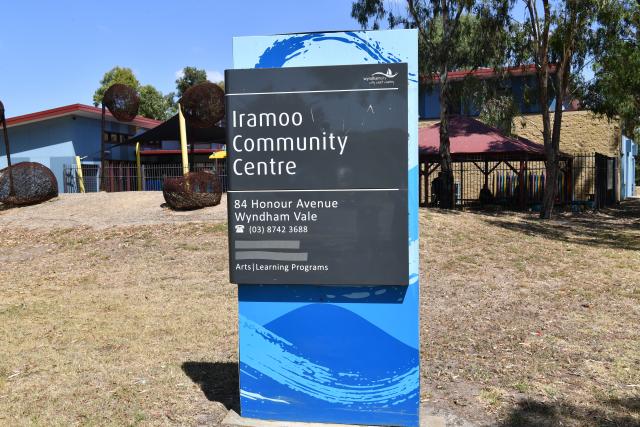
Chula Launches Newborn Genome Sequencing Project for Early Detection and Prevention of Genetic Diseases
On October 17, 2025, the Center of Excellence in Medical Genetics at Chulalongkorn University in Bangkok introduced a pioneering project focused on long-read whole genome sequencing for newborns. This initiative aims to screen for 113 genetic diseases, facilitating early detection and intervention, and marking a significant advancement in precision medicine.
Advancing Precision Medicine Through Genomic Insights
The rise of genomic medicine has transformed healthcare by unlocking vital information encoded in human DNA. By identifying genetic predispositions to diseases, healthcare providers can predict potential health issues, their onset age, and the most effective treatments for individuals. “Why wait until a person is sick to check their genetic information?” asked Prof. Dr. Vorasuk Shotelersuk, Director of the Center of Excellence in Medical Genetics. “We can screen newborns and prevent symptoms before they appear.” This innovative approach allows for the detection of genetic risks from birth, enabling early intervention and improving lifelong health outcomes.
The project employs Long-Read Whole Genome Sequencing, a cutting-edge DNA sequencing technology that enhances the ability to detect serious genetic conditions. The initiative has received approval from the Human Research Ethics Committee of the Faculty of Medicine at Chulalongkorn University and is currently seeking around 300 pregnant participants in its first year.
With this technology, healthcare professionals can monitor and provide tailored care for newborns identified as at risk for genetic diseases. Early detection is crucial; for example, if a child carries a mutation linked to a serious condition, they can receive prompt treatment, significantly improving their health prognosis.
Shifting Toward Personalized Medicine
Traditionally, medical treatments have operated on a population-based model, where therapies are designed to work for the majority but may not be effective for everyone. “Genetic sequencing changes this,” Prof. Dr. Vorasuk explained. “We can move from averages to individuals—predicting who will respond, who will not, and who may have adverse reactions.” This shift toward personalized medicine relies on three key concepts: personalized medicine, genomic medicine, and precision medicine.
The project plans to analyze 246 genes associated with treatable childhood diseases. Results will be provided to parents within 60 days. The screening focuses primarily on severe, treatable conditions that manifest within the first five years of life, such as:
- Blood disorders (e.g., Thalassemia)
- Neuromuscular diseases (e.g., Muscular dystrophy)
- Immune deficiencies (e.g., Combined immunodeficiency)
- Hearing loss disorders (e.g., Congenital auditory nerve deafness)
- Metabolic conditions (e.g., Phenylketonuria)
- Lysosomal storage diseases (e.g., Fabry disease)
- Endocrine disorders (e.g., Congenital adrenal hyperplasia)
As Prof. Dr. Vorasuk noted, “Genetic diseases begin at birth with mutations present from day zero. Symptoms may appear at birth, age 2, or even age 40. The project’s goal is to detect them early to prevent symptoms.” For instance, identifying mutations that could lead to conditions like retinoblastoma allows for timely treatment, potentially preserving a child’s eyesight.
The screening procedure involves a painless blood sample taken from the umbilical cord after delivery, which is then analyzed to create detailed genetic profiles without causing discomfort to the mother or child. “Blood becomes DNA, which becomes digital data for analysis,” Prof. Dr. Vorasuk stated.
As genomic medicine continues to advance, the implications for future healthcare are profound. Prof. Dr. Vorasuk believes that having access to genetic information from birth will become essential. “Who would live a better life—someone who knows their genome from birth, or someone who does not?” he asked, underscoring the potential for early intervention to enhance quality of life.
With the cost of genetic sequencing declining as technology improves, this initiative could eventually expand to provide all Thai children with access to their genetic blueprint. The overarching goal is to establish a foundation for future medicine that not only enhances treatment and prevention strategies but also lays the groundwork for innovations such as gene editing and therapy.
For more information about participating in this groundbreaking newborn genetic sequencing project, interested individuals can contact +662-256-4000 ext. 73102 to 73105 during office hours.
Chulalongkorn University stands out not only for its academic excellence but also for its commitment to pioneering research that shapes the future of healthcare. As evidenced by its recent ranking among the top 50 global universities for employment outcomes, the university continues to play a critical role in advancing medical science.







